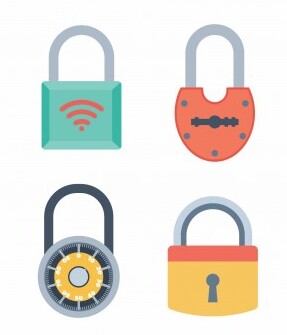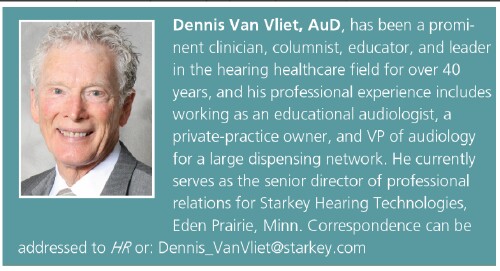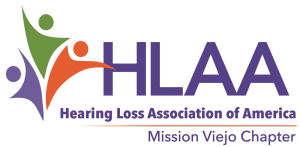Proprietary hearing aids
Proprietary hearing aids (locked hearing aids) are hearing aids whose software is locked and can only be serviced by a limited number of providers. If you don’t like your provider, finding someone else to service your hearing aids may be difficult. Same applies if you move.
Proprietary hearing aids Brands to include:
Audibel
Miracle-Ear
Beltone
NuEar
Audigy AGX
Some Costco Hearing aids including Phonak – Brio 3 and Kirkland Brands
There may be other brands not included on this list. You have to ask.

The Pitfalls of “Locked” Hearing Aids is an interesting professional article provided below.
FINAL WORD // VAN VLIET
Hearing Review Magazine/ March 2018
The Pitfalls of “Locked” Hearing Aids
By DENNIS VAN VLIET, AuD
In January of this year, we went to a family wedding in Seattle. You might wonder why the couple chose the combination of Seattle and January for their wedding. It was their wedding so we didn’t question the wisdom of their decision. It was cold and rainy, however! It helped that their honeymoon was spent in the southern hemisphere where it was much warmer. We weren’t invited to that.
As weddings go, it was unique and enjoyable. There were the typical cocktail hour parties ahead of time, and the dinner and dancing immediately following the ceremony. In one of those situations, there were four of us having a conversation or trying to converse- in a very noisy situation. Three of us were wearing hearing aids. The fourth individual didn’t admit to having a hearing loss, but is from the telecom industry and had many questions about hearing aid functionality and made-for-.smartphone products. I was doing what I could to explain the benefits and limitations of hearing aid usage in difficult environments. One of the three of us mentioned that he was having a great deal of difficulty as we talked. I don’t know the particulars of his hearing loss, but from previous discussions, I knew that his loss made communication difficult for him, especially in noise. Some of his comments made me suspect that his programs and noise management settings must not be set up appropriately. He mentioned the brand, a well-recognized and respected manufacturer, and also volunteered that he had gone back to the fitter at the big-box store (where he pur chased them) more than once for adjustments, without success.
He asked for advice on what to do. Those of us who have been in practice for a number of years may have memories of seeing patients who were unhappy with a fitting from another facility, and we were able to help with a different approach.
Knowing that the software used in the product may be keyed to be used only in the big-box store, I was limited in offering advice on how to manage the situation. I explained that he should ask for help from a supervisor or senior clinician at the store if the dispenser could not improve the fitting, or that he could call the manufacturer for consumer support. Returning to the person who initially fit the hearing aid is often good advice, but sometimes a fresh look can be helpful.
My point in telling this story is not to criticize big-box outlets, or even second-guess the dispenser who had worked with this patient. The question is whether or not it is a good thing to lock the software so that only “authorized” persons can have access to programming the hearing aids. With telepractice emerging as a viable option for care, having some limits on accessing hearing aid programming has some advantages. If we have spent careful time programming hearing aids effectively and safely, we may not want someone at a distance to second-guess: is, and perhaps create a situation where the hearing aids are uncomfort able, or worse, for the patient. At the same time, restricting access to software and limiting a patient’s choices in where to seek services doesn’t ring true if we are to respect the rights of patients to seek care where they’d like.
It is a common business model to have proprietary software for products sold by franchise hearing-aid retail outlets. Buyers may expect to be required to visit a franchise outlet for service or adjustment when purchasing that brand. What about a familiar “Big-Six” brand? Would a reasonable consumer expect to have their choices limited when moving or traveling? As consumers, when we have not received successful service, or move to a new community and are seeking services, we naturally feel that there may be choices we can opt to investigate. Locking software on hearing aids so that only a select few clinicians can provide service may unnecessarily complicate that process.
The Final Word? We may offer different opinions on the wisdom of locking down software, but may not have the final say. State licensing boards, as well as the FDA, have received complaints and are discussing this as a consumer protection issue. We should be part of the discussion. At a minimum, whatever is decided, fully informing patients about their options for service should be considered.
 http://www.hearingreview.com/2018/03/pitfalls-locked-hearing-aids/
http://www.hearingreview.com/2018/03/pitfalls-locked-hearing-aids/
